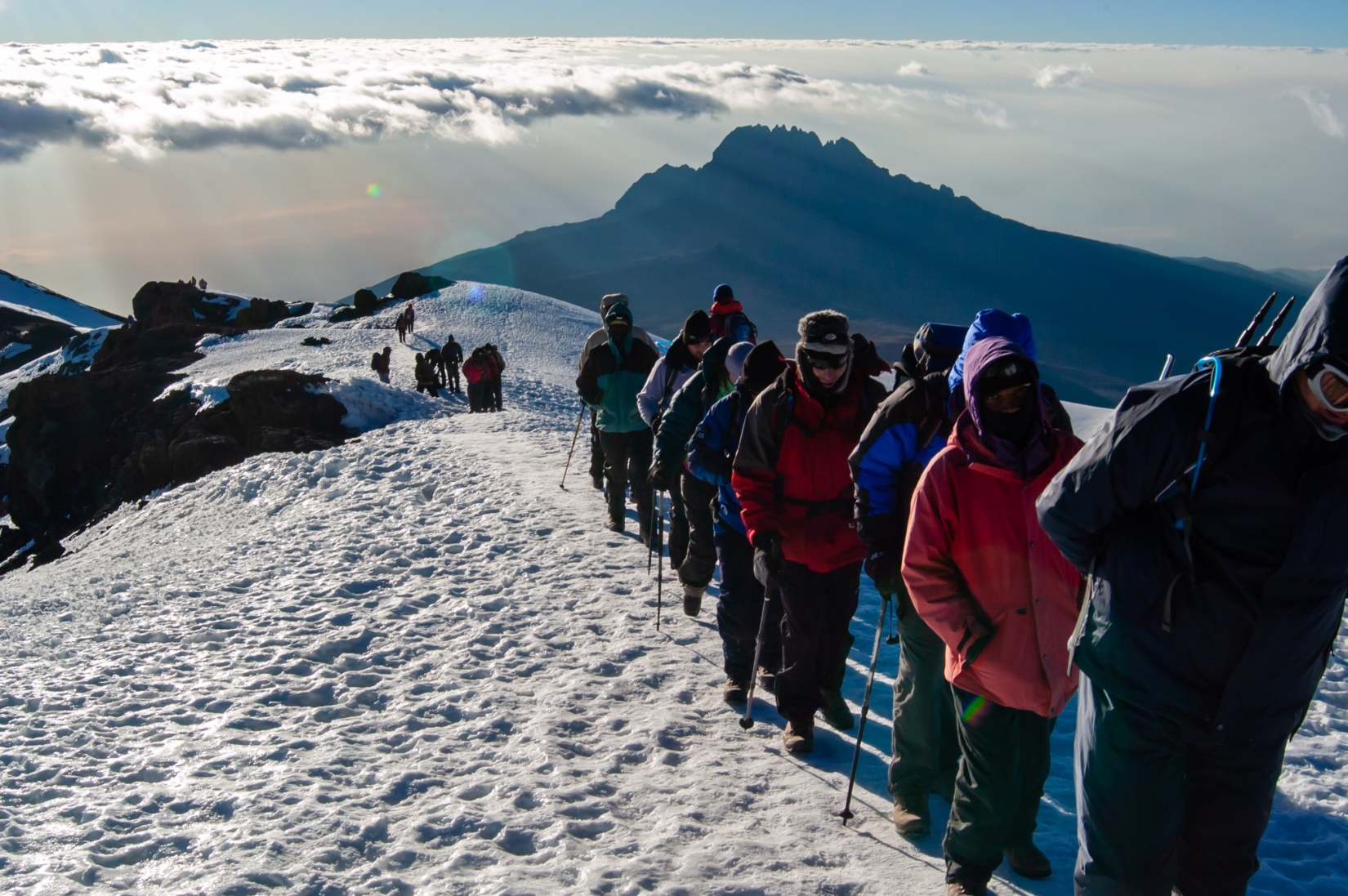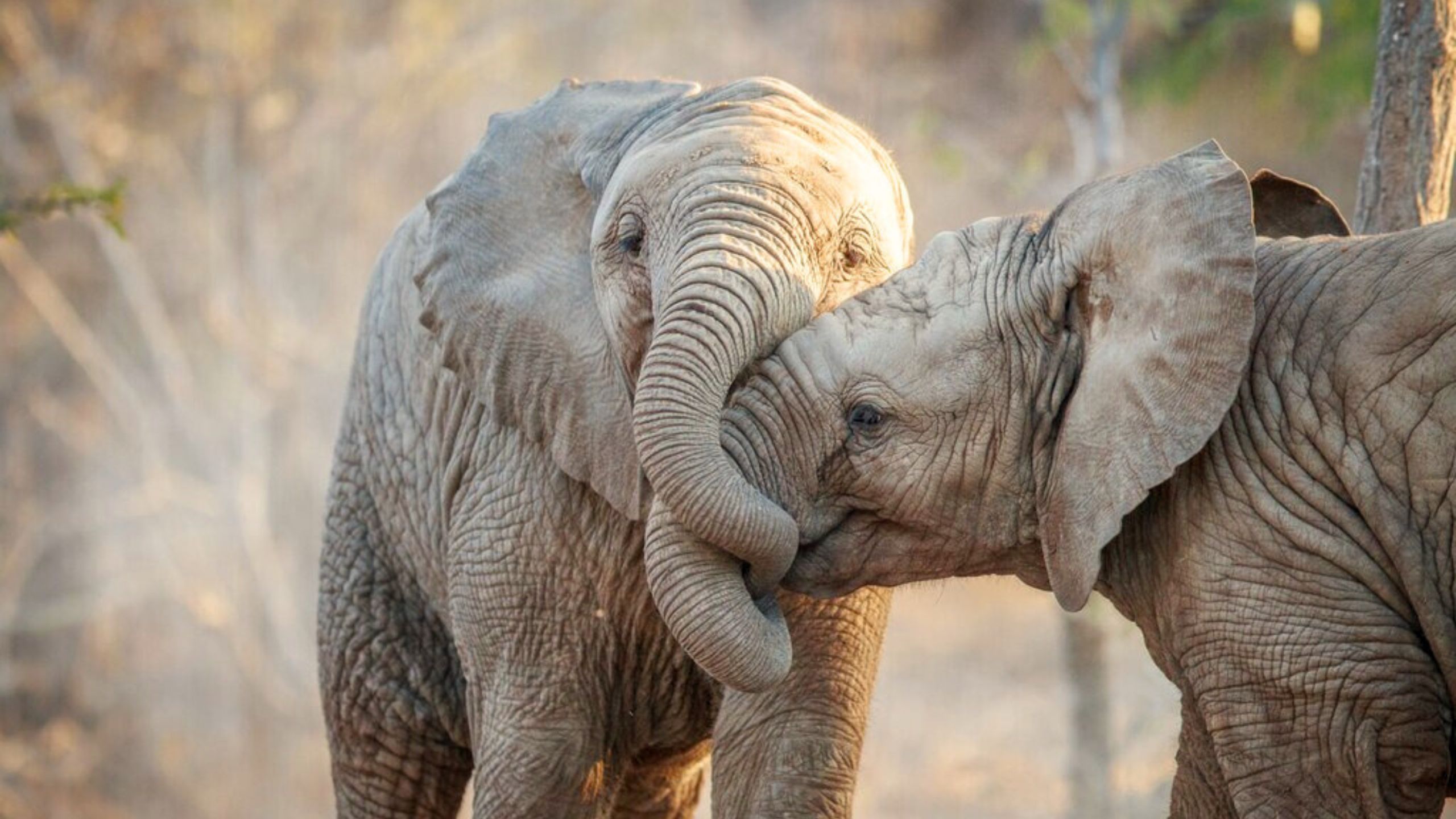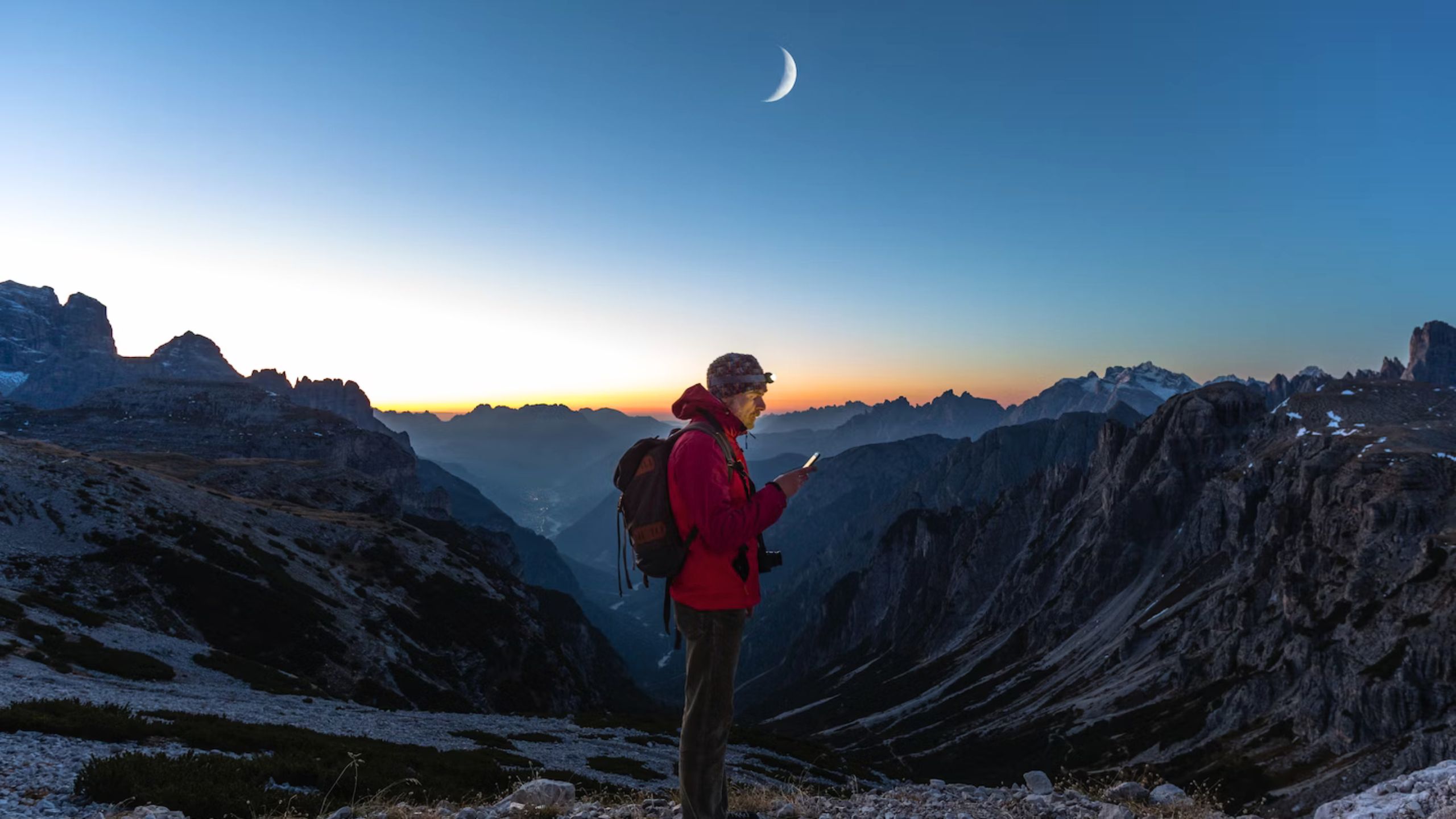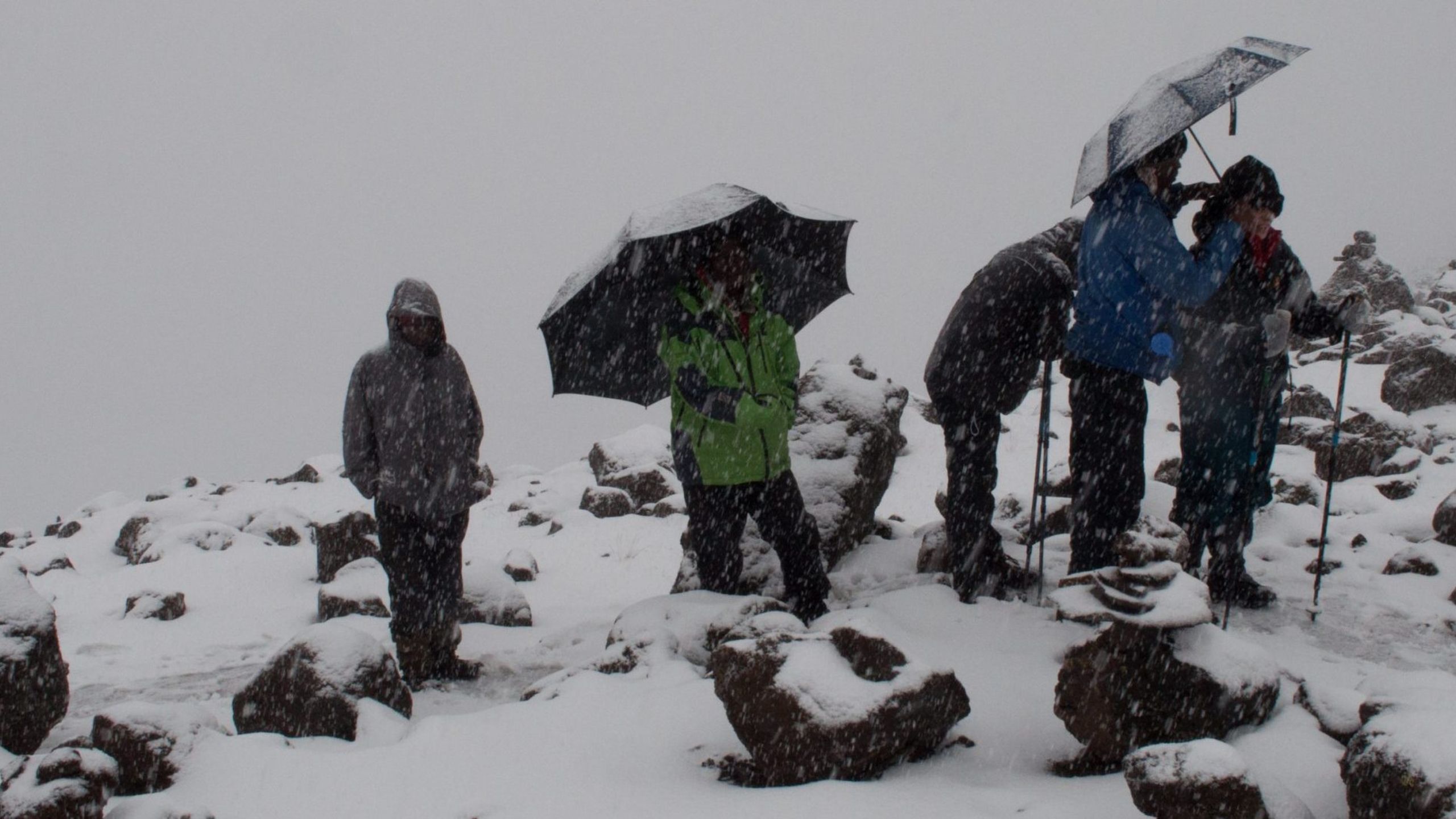Ultimate Kilimanjaro The gear required to climb Kilimanjaro is extensive. You are responsible for bringing personal gear and equipment while communal equipment (tents, food, cooking items, etc.) is provided.
Below is a Kilimanjaro gear list of required, recommended and optional items to bring on your climb.
Technical Clothing
1 – Waterproof Jacket, breathable with hood
1 – Insulated Jacket, synthetic or down, with hood
2 – Soft Jacket, fleece or soft-shell
3 – Long Sleeve Shirt, light-weight, moisture-wicking (hood recommended)
1 – Short Sleeve Shirt, light-weight, moisture-wicking (optional)
1 – Waterproof Pants, breathable (side zipper recommended)
2 – Hiking Pants
1 – Fleece Pants, warm
1 – Shorts (optional)
1 – Long Underwear, moisture-wicking
4 – Underwear, moisture-wicking
3 – Sport Bra (women)
Headwear
1 – Brimmed Hat, for sun protection
1 – Knit Hat, for warmth
1 – Neck Gaiter, for dust, wind and warmth
Handwear
1 – Gloves, warm (waterproof recommended)
1 – Gloves, light
Footwear
1 – Hiking Boots or Shoes, warm, waterproof
4 – Socks, wool or synthetic
1 – Gaiters, waterproof (optional)
Accessories
1 – Sunglasses
1 – Backpack Cover, waterproof (optional)
1 – Water Bottle (Nalgene, 32 oz.)
1 – Water Bladder (Camelbak type, 3 liters)
1 – Towel, lightweight, quick-dry (optional)
1 – Pee Bottle, to avoid leaving tent at night (recommended)
Stuff Sacks, Dry Bags or “Ziploc”-Type Plastic Bags, to keep gear dry and separate. Note that there is a general ban on plastic bags in Tanzania, however Ziploc-type bags for toiletries are permitted for tourists.
Equipment
1 – Sleeping Bag, warm, four seasons*
1 – Sleeping Pad, inflatable (optional, foam pad provided)
1 – Camp Pillow, inflatable (optional)
1 – Trekking Poles, collapsible (highly recommended)*
1 – Head Lamp, with extra batteries
1 – Duffel Bag, 70L-90L capacity, for porters to carry your equipment
1 – Daypack, 30-35L capacity, for you to carry your personal gear
*may be rented on location
Other
Toiletries
Prescriptions
Sunscreen
Lip Balm
Insect Repellent, containing DEET
First Aid Kit
Hand Sanitizer
Toilet Paper
Wet Wipes (recommended)
Snacks, light-weight, high calorie, high energy (optional)
Electrolytes, powder or tablets (optional)
Camera, with extra batteries (optional)
Paperwork
Trip Receipt
Passport
Visa (available at JRO)
Vaccination/Immunization Papers
Insurance Documents
Do You Offer Any Rental Gear?
We have warm sleeping bags and trekking poles available for rental on location. Payment must be made in USD. You are expected to bring everything else.
There are small, local gear shops in Moshi. But these shops generally carry second-hand or off-brand items that may not be up to Western standards. The fit, quality or functionality of items found in local shops may be questionable, so it’s best to bring what you need rather than attempting to find it in town before your climb.
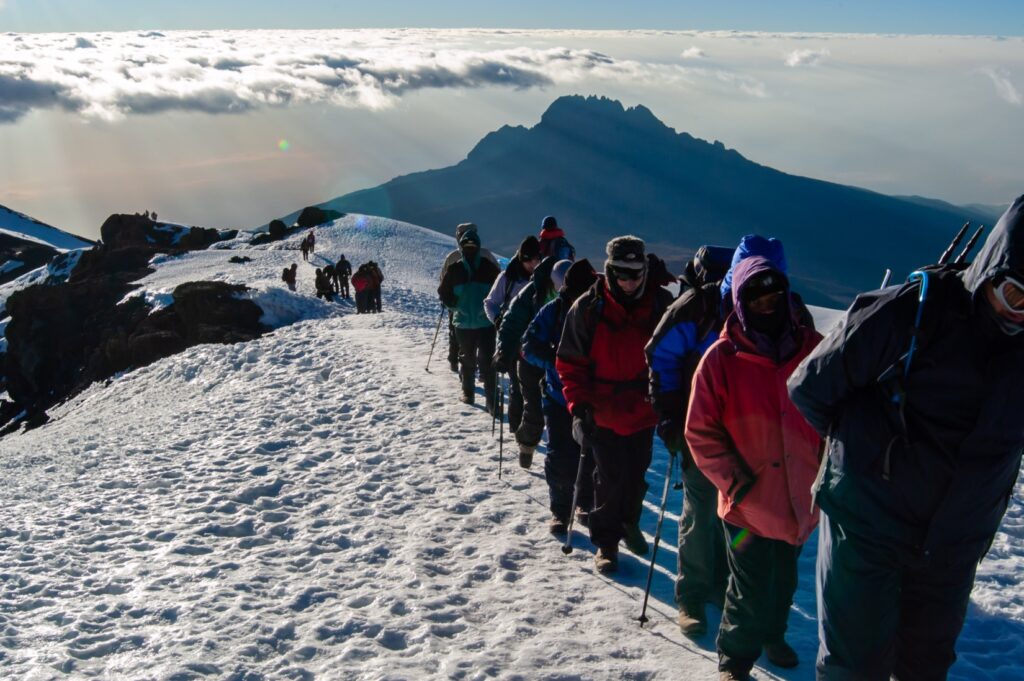
Do I Need to Carry All My Own Gear on Kilimanjaro?
Absolutely not! Because our trips are fully supported, our porters will carry most of your gear from camp to camp.
You only have to carry a small daypack with the things that you might need while hiking to the next campsite. Generally that would include extra clothing, rain gear, snacks and water.
Everything else goes into your duffel bag, which will be ready in your tent by the time you get to camp.
Our porters will place your duffel bag and sleeping bag into a large, sturdy, waterproof bag with a roll-top closure.
Is There a Weight Limit for My Kilimanjaro Gear?
Our porters are limited to carrying 33 lbs (15 kgs) of your personal belongings. So be selective in what you take with you.
The most common mistake that climbers make is that they over pack and bring too much gear. If you are having issues getting under the weight limit, review your gear along with our gear list carefully and cut out any extra or unnecessary items.
Note that all the gear that the porters will carry for you between campsites should be placed into the duffel bag, including the sleeping bag, but it is OK to pack the sleeping bag separately if necessary. If you rent a sleeping bag from us, note that the bag weighs 5 lbs 6 oz. and this weight does count against the 33 lb limit.
If you have excess weight, you will be required to hire an additional porter. It is rare to require an extra porter and should happen only in special cases, such as for carrying extensive photography equipment.
Can I Store Extra Luggage at the Hotel?
Yes. All extra luggage, items you will not use on your climb, such safari clothing, gear and equipment, can be safely stored at the hotel.
What Should I Carry On My Flight?
Checked luggage on airplanes can get lost or delayed on the way to Tanzania.
You should prepare for this possibility by wearing or carrying on the items that are essential to your Kilimanjaro climb. While most clothing, gear and equipment can be replaced in Tanzania prior to your climb, there are some things that you should not replace.
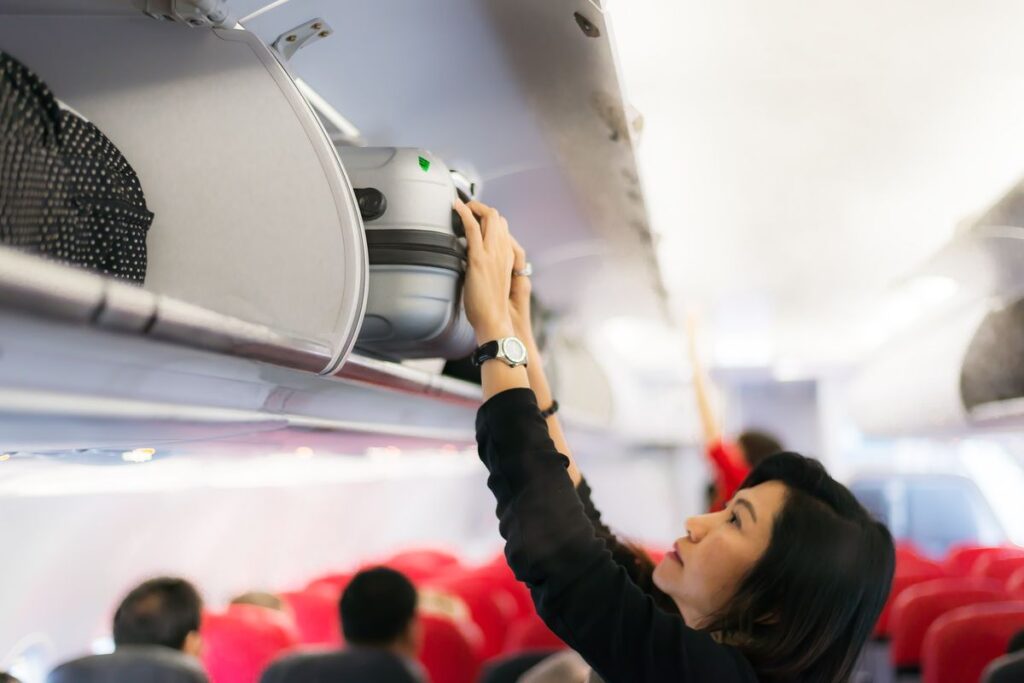
Africa Rooftop Expeditions® recommends that you wear one complete hiking outfit on the plane, including a long sleeve shirt, hiking pants, underwear, socks, and hiking boots. In your carry on baggage, you should bring your backpack, waterproof jacket and pants, insulated jacket, fleece pants, snacks, toiletries, medications, camera and all paperwork. Make sure you do wear/carry your hiking boots; wearing a different pair of boots on your climb will likely cause blistering.
Airline regulations do not allow you to carry trekking poles on the plane.
What Happens if My Baggage is Lost or Delayed?
If your baggage is lost or delayed, please notify us immediately upon your arrival so we can assist you in assembling the necessary gear. We will take you to local, independently owned gear shops in Moshi. But you might not be able to find what you need at these stores and the quality and condition of the gear might be substandard. Therefore, we strongly encourage you to carry on the most important pieces of gear as noted above.
We will make reasonable attempts to deliver delayed luggage to you on the mountain. All additional expenses that are incurred by us while resolving lost or delayed luggage problems must be reimbursed locally.
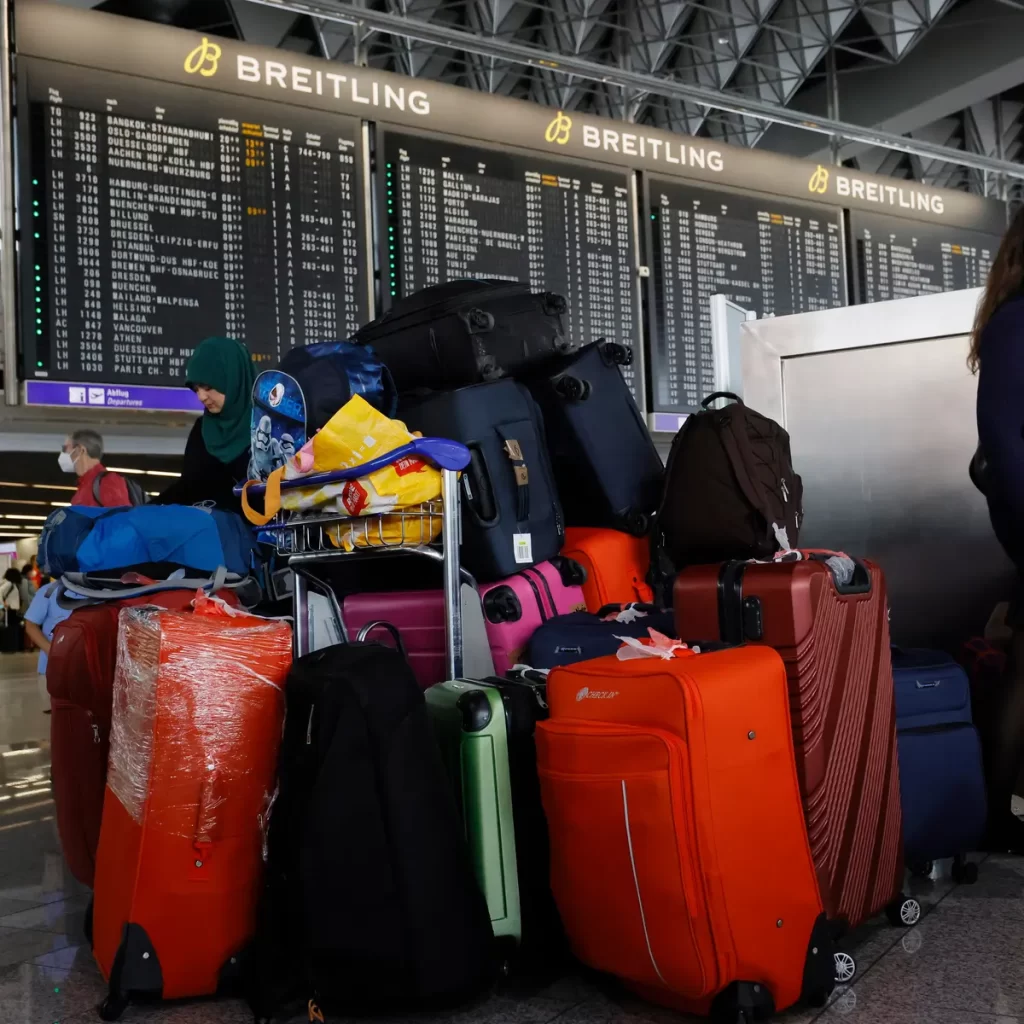
Can I Bring Single-Use Plastic on My Climb?
Single-use, plastic, recyclable water bottles are not allowed in the park, due to past problems with litter.
Water should be carried in Nalgene bottles, water bladders, or similar devices. You should be able to carry 3-4 liters of water with you at all times.
Is Alcohol Allowed in the Park?
It is illegal to have alcohol in the park. Our staff will not carry it for you. Besides, drinking and high altitude do not mix well. Please do not bring alcohol.
You can, however, celebrate after the climb at the park gate. Beer, soda, and snacks are available for purchase.

